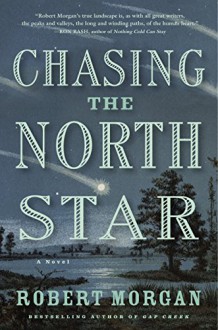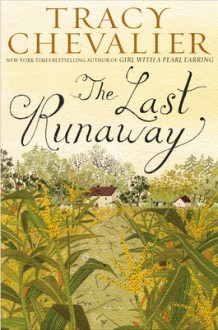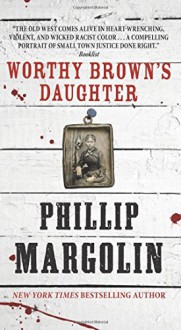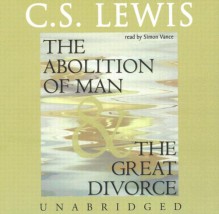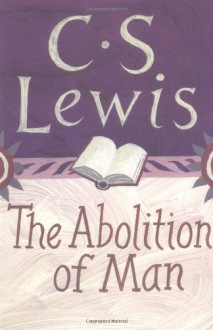
Sarah Grimke is a precocious girl who runs amok in her father’s library and revels in lessons in Latin and debate with her brother Thomas. Taught to think for herself, but raised in a society in which a freethinking woman is an aberration, Sarah is unaware of what her transition to adulthood will require her to give up. Her first hint arrives when she is presented with a gift on her eleventh birthday: a skinny, clever slave girl named Handful by her Mauma, but called Hetty by her masters. Sarah is appalled at the idea of owning another human being, and writes up a refusal of the gift, but there is no giving Handful back.
And so the two girls are thrown together. Well-matched intellectually, they live in two worlds that exist uneasily under the same roof. If Handful is a minor disaster as a lady’s maid, Sarah is no more accomplished a master. To assuage her conscience, Sarah teaches Handful to read; a freedom of the mind that Handful soaks up, delights in, and continues to learn, even after being whipped. Handful sasses back, takes a few odds and ends, runs scams, and speaks her mind, just like her Mauma, Charlotte does. Handful becomes an excellent seamstress and quilter, also like Charlotte, and the two express themselves by creating a story quilt that tells the travails of Mauma’s life. In the meantime, Sarah’s stutter worsens as the noose of proper female behavior tightens around her neck.
Sarah and her sister Angelina eventually become famous orators on abolition and women’s rights, attracting a diverse crowd and finally, freeing her voice. Handful’s journey is marked with violence, crippling setbacks, moments of beauty, and a growing determination to get free or die trying.
I read this book in 2 days. There was no putting it down. Its strengths lie in the character studies of the two girls, and in their voices which, in alternating chapters, tell the story. Another forte of the book is the extensive research that the author has done bringing the historical characters, Sarah and Nina Grimke, to life.
(I have read in some other reviews that there is a version of this book in which Oprah’s notes are reproduced all over the text. I did not read the book in this version, and am glad I didn’t. If you purchase this book, and I would recommend that you do, you will want to be aware of which version you are purchasing, annotated or not. Personally, like the characters in this book, I prefer to use my OWN mind.)

 Log in with Facebook
Log in with Facebook 
